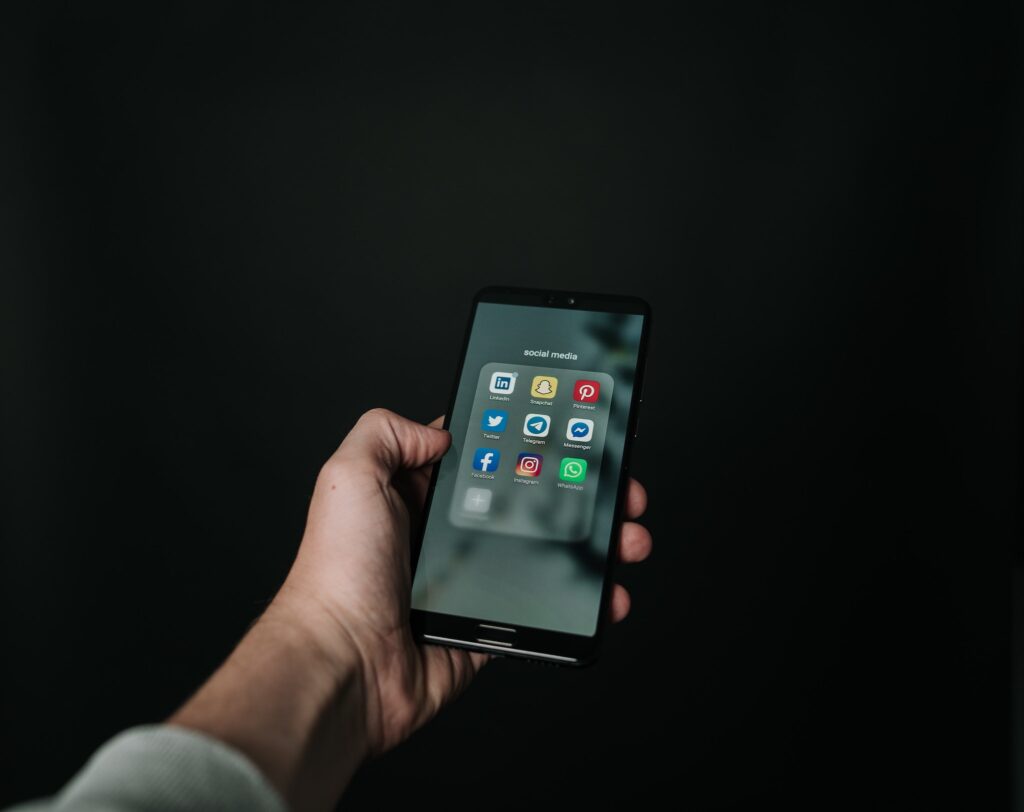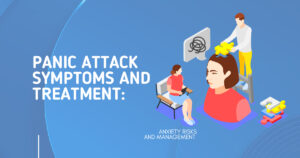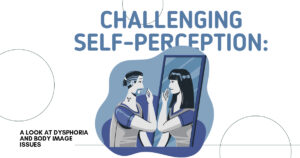Introduction to Social Media and Mental Health
Social media has undoubtedly revolutionized the way we interact and communicate with each other, with billions of people worldwide using platforms such as Facebook, Instagram, Twitter, and others to connect, share experiences, and stay informed. While social media has numerous benefits, such as enhancing social connections and facilitating access to information, it can also have negative effects on mental health, particularly when used excessively or inappropriately.
Research has shown that social media can contribute to feelings of anxiety, depression, and low self-esteem, particularly when individuals engage in social comparison and negatively compare themselves to others. The constant pressure to present a perfect image or to gain likes and followers can also contribute to feelings of inadequacy and social pressure, leading to mental health issues such as anxiety and depression.
Moreover, social media can be a source of cyberbullying, harassment, and online hate speech, which can lead to significant mental distress and even trauma. The anonymity and ease of use of social media platforms can facilitate the spread of harmful content, and the potential for instant and widespread dissemination can exacerbate the impact on mental health.
Mental Health Center of San Diego
The Negative Impact of Social Media on Mental Health
- Increased feelings of isolation and loneliness: While social media is designed to help us connect with others, it can also lead to feelings of isolation and loneliness. Studies have found that excessive social media use can lead to social comparison, which can result in feelings of inadequacy and loneliness.
- Decreased self-esteem: Social media can also lead to reduced self-esteem, as individuals compare themselves to others and may feel that their lives do not measure up to the curated, filtered images they see online.
- Increased anxiety and depression: Studies have found that excessive social media use can lead to increased anxiety and depression. Individuals may feel pressure to compare themselves and maintain a perfect online persona constantly.
- Cyberbullying: Social media can also increase the risk of cyberbullying, which can have a negative impact on mental health and well-being.
Mental Health Center of San Diego
How to Protect Your Mental Health on Social Media
While social media can have a negative impact on mental health, there are steps you can take to protect your well-being:
- Set boundaries: Set limits on how much time you spend on social media each day, and make sure to take breaks when you need them.
- Practice mindfulness: Mindfulness practices, such as meditation and deep breathing, can help you stay present and focused in the moment, reducing feelings of anxiety and stress.
- Engage in self-care activities: Engage in self-care activities, such as exercise, hobbies, and spending time with loved ones, to help you maintain a balanced and healthy lifestyle.
- Seek support: If you are struggling with mental health issues related to social media use, seek support from a qualified mental health professional.
Despite these challenges, there are steps that individuals can take to protect their mental health in the age of social media. These include limiting social media use, practicing mindfulness, engaging in self-care activities such as exercise and meditation, and seeking support from friends, family, or mental health professionals when needed. Additionally, individuals can take steps to cultivate positive relationships and social connections offline, which can enhance resilience and improve overall well-being.
Social media has become an integral part of our lives, but it can also have a negative impact on mental health. By understanding the potential risks associated with social media use and taking steps to protect your well-being, you can use social media healthily and positively. If you are struggling with mental health issues related to social media use, consider talking to a qualified mental health professional about how you can protect your well-being and maintain a healthy balance in your life.
If you are struggling with mental health issues related to social media use, contact us today. By understanding the potential risks associated with social media use and taking steps to protect your well-being, you can use social media in a healthy and positive way.









